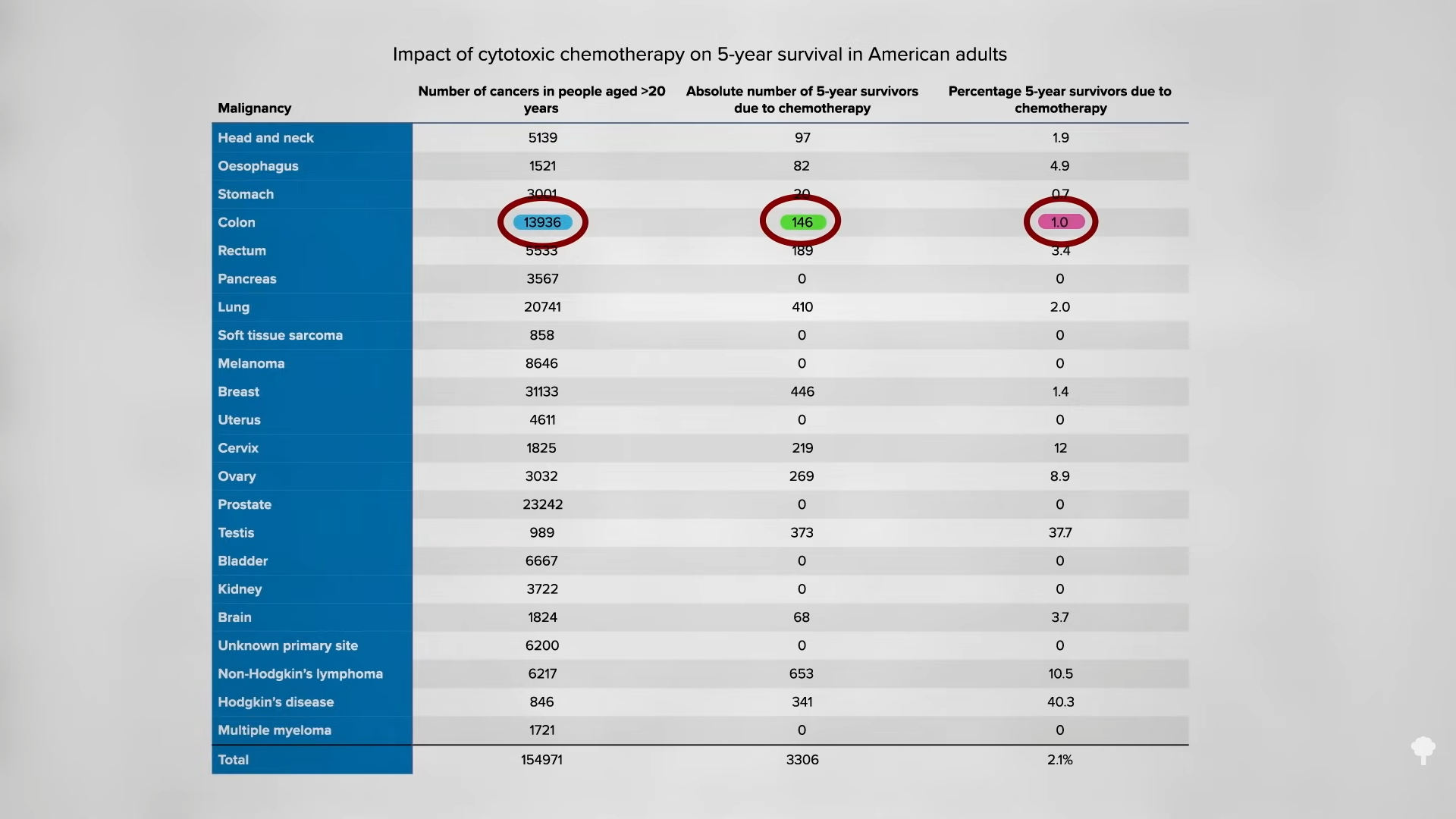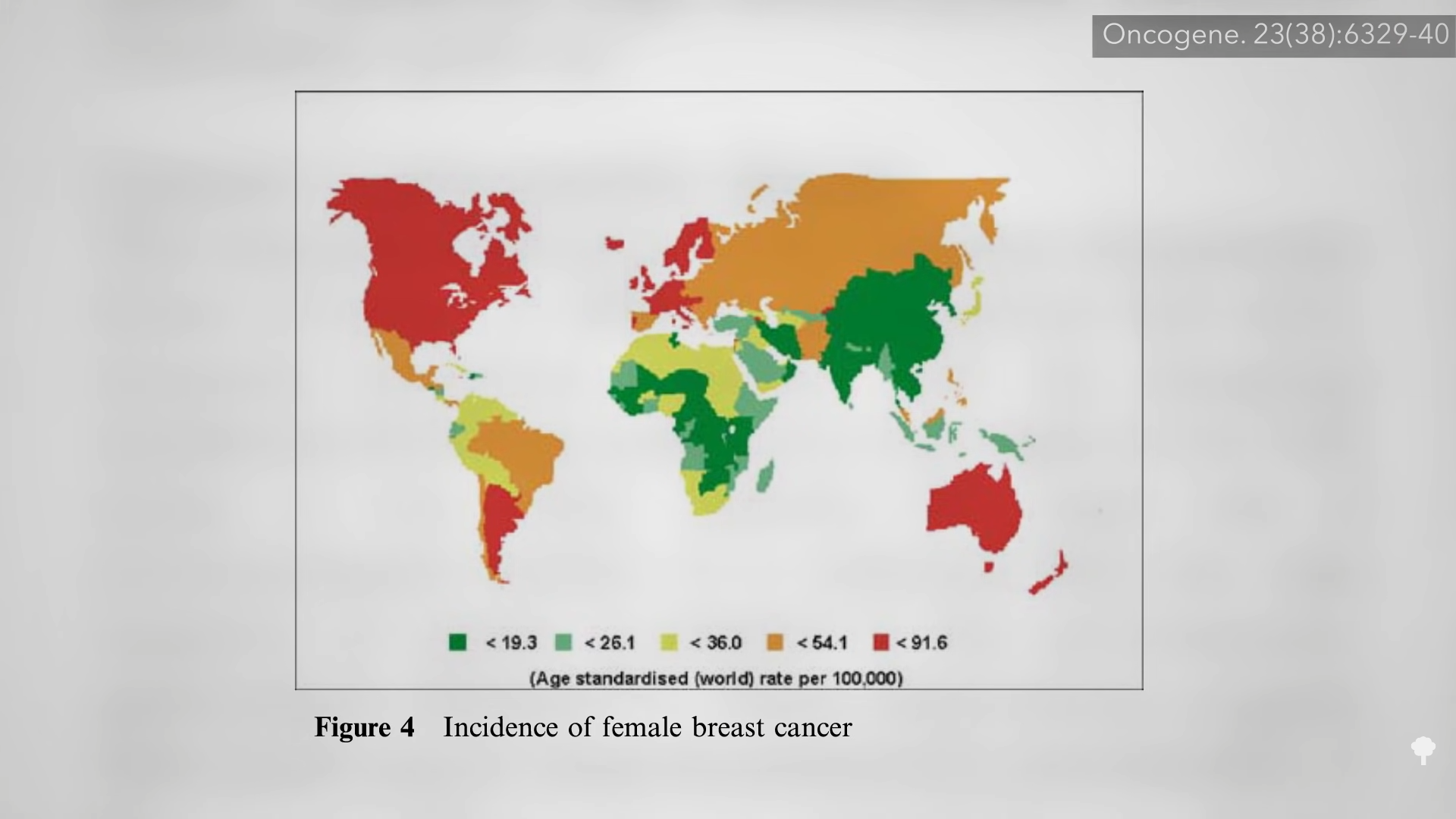.
Rising Prices, Surging Crime, What Can You Do?
 Priscilla Du Preez/Unsplash
Priscilla Du Preez/Unsplash
“As the cost of living escalates and crime intensifies, what can you do to aid your family? And where can you find lasting help, hope and stability in this time of turbulent change and uncertainty?
When God is a priority in your life, you can ask Him to guide your daily decisions and actions and He will respond with favor.
Among today’s many troubling issues is the fact that families are enduring financial turmoil as prices for food, gasoline, housing and nearly everything else skyrockets. Bills are piling up and worries magnify as an increasing number of people are living paycheck to paycheck. At the same time, lawlessness is mounting while government officials seem unable to deal with these issues.
What can you do? Precautions are vital in dangerous times (Proverbs 22:3; Proverbs 27:12). What steps can you take? And what is the most important action you can take to bring help, hope and stability to you and your family?
Taking action to deal with rising prices
Most of today’s escalating costs are the result of inflation—the increase in the cost of goods and services which decreases people’s purchasing power. Inflation is, in effect, an endless tax that impacts everyone, but especially those who are poor, middle class or living on a fixed income and already have difficulty affording necessities.
In addition, inflation leads to rising interest rates—increasing the cost of large purchases such as houses and vehicles—and slows overall economic growth.
So what are some practical actions you can take to contend with the rising expenses your family is experiencing?
If you’re a conscientious shopper, you’re likely already buying less expensive, generic-brand products, using manufacturers’ coupons and reducing purchases of expensive prepackaged convenience foods. But what else can you do?
Consider changing where you shop, at least for some products. You may want to look for online-only and “dollar”-type stores for discounted food items as well as outlet grocery stores that offer significant markdowns as product “sell by” dates draw near. Also, consider shopping at “bulk” stores to purchase larger quantities of nonperishable food items, household paper products and other essentials—since doing so reduces your per unit cost.
You might also take a close look at what you’re spending for cell phone plans, video streaming services, vehicle and home insurance premiums, gym memberships, cable subscriptions and your credit card interest rate if you have to carry a balance. The recurring costs in these plans and services may be negotiable. Calling or writing to request lower rates is frequently successful—which can be valuable in helping reduce your monthly expenses.
Other money-saving suggestions include checking to see if you qualify for an energy assistance program. These are designed to help with monthly utility bills.
Consider replacing your old thermostat with a programmable one. You could save as much as 10 percent annually by turning down the heat in winter while you’re at work or school. You could also consider asking your employer for a pay raise if you’ve been a reliable, hardworking employee—good employees are increasingly hard to find.
You can probably come up with some other ways to cut costs too. Do additional research online for more ideas.
Protecting your home and family as crime surges
Sadly, criminal activity is surging in today’s society. Since crime can occur nearly anywhere—including your own neighborhood—take preventative measures to safeguard your family. According to a recent article in Forbes magazine, “You can start protecting yourself by evaluating your home, changing your habits when you leave and putting other measures in place that could improve your home’s security” (Emily Glover, “10 Ways to Secure Your Home Against Home Invasion,” Forbes, July 25, 2022).
The article goes on to explain that “according to the U.S. Department of Justice, a burglary is considered a home invasion when a resident is present. Although burglaries can and do happen at any time, they are most common during daytime hours.” Below are some valuable actions you can take to help protect your home and family:
“Keep Curtains and Blinds Pulled. Criminals may look through windows to scout potential burglary targets or to evaluate whether residents are home. Keep curtains or blinds pulled down in any room where you aren’t currently enjoying the natural light. This also goes for when you leave the house for work, errands or trips.
“Invest in a Home Security System. From ones that can be professionally installed and monitored to [do it yourself] options that offer great protection against home invasions.
“Get Motion-Sensing Lights. You can set motion-sensing smart lights to activate when you are out of the house. If you’re on vacation, this can also signal to helpful neighbors who are keeping watch that something isn’t right.
“Don’t Broadcast Upcoming Departures. As tempting as it may be to share upcoming travel plans on social media, it’s not worth the risk. Even telling a friend about your itinerary when you are in a public place can be ill-advised as you don’t know who else may be eavesdropping on the conversation.
“Keep the Doors Locked and Garage Shut. If doors are left unlocked or the garage is open, fast-moving burglars can strike when you go out on a walk, or even are just in the yard. It’s also worth keeping your windows locked, and don’t forget any windows to the basement.
“Look Out for Neighbors (and Vice Versa). What’s good for your neighborhood is good for your home. By making it clear to burglars that you live in a place where neighbors look out for each other, they may be deterred from trying their chances. If you decide to make a house key available to a neighbor, give it to them directly rather than leaving it in an outdoor hiding place.”
The most important action you can take
While the above measures involving cost savings and protecting your home and family can be highly beneficial, there is another extremely important action you can take to assure that you and your family will have what is needed to live satisfactorily and safely.
At Beyond Today magazine we desire to help our readers understand the crucial significance of placing their lives in the hands of their Creator who says in His Word, the Bible, that there is no real security apart from Him: “Unless the Lord guards the city, the watchman stays awake in vain” (Psalms 127:1).
Yet to those who trust Him He promises: “Fear not, for I am with you; be not dismayed, for I am your God. I will strengthen you, yes, I will help you, I will uphold you with My righteous right hand” (Isaiah 41:10, emphasis added throughout).
The Eternal God is supremely willing to offer you and your family the help, strength and guidance needed to successfully handle life’s many troubles (Psalms 18:2-3; Psalms 91:5-7). King David of ancient Israel stated: “I lift up my eyes to the hills. From where does my help come? My help comes from the Lord, who made heaven and earth” (Psalms 121:1-2, English Standard Version).
Also, the apostle Paul wrote, “My God will supply every need of yours according to his riches in glory in Christ Jesus” (Philippians 4:19, World English Bible).
These awesome promises can be yours if you place Him first in your life, turn from sin and diligently keep His commandments, which He designed for your full benefit (Psalms 119:2; Matthew 6:31-34; Matthew 19:17).
Jesus Christ declared, “And you shall love the Lord your God with all your heart, with all your soul, with all your mind, and with all your strength” (Mark 12:30). When God and His ways are a priority in your life, you can ask Him to guide your daily decisions and actions, and He will respond with great favor. Plus, He will gladly help you prepare for eternal life in His coming magnificent Kingdom (John 10:28).
All of this involves maintaining a close and enduring relationship with God through Jesus Christ—by daily prayer and living by “every word of God,” the Bible (Luke 4:4).
Why is a steadfast relationship with Christ so crucially important? It’s because your human strength and resolve can take you only so far. However, with the overwhelming aid, power and peace of mind He provides, you enjoy a huge advantage, as the following passages make clear. Psalms 46:1 says, “God is our refuge and strength, a very present help in trouble.” Also, Hebrews 4:16 says we can “come boldly to the throne of grace, that we may obtain mercy and find grace to help in time of need.”
Furthermore, as the apostle Paul wrote, “Let your requests be made known to God; and the peace of God, which surpasses all understanding, will guard your hearts and minds through Christ Jesus” (Philippians 4:6-7).
These and other biblical promises affirm marvelous benefits that tower far above and beyond anything you could ever obtain on your own or even think up (Ephesians 3:20). So why carry the entire burden yourself when Jesus said, “Come to Me, all you who labor and are heavy laden, and I will give you rest” (Matthew 11:28).
As you face increasing expenses today and as crime and lawlessness could perhaps affect the safety of your family, be sure to take the appropriate actions to care for and safeguard them. But most importantly, place yourself and your concerns in the hands of your Creator!
If you diligently and humbly seek, trust and obey Him, He will be more than willing to give you the help, hope and stability you need. To be sure, “He is a rewarder of those who diligently seek him” (Hebrews 11:6). Therefore, will you seek God and follow His ways? He wants to help you and your family and is looking forward to doing so!” From: https://www.ucg.org/beyond-today/beyond-today-magazine/rising-prices-surging-crime-what-can-you-do
________
God Blessed the Seventh Day
Genesis 2:2-3
And on the seventh day God ended His work which He had done, and He rested on the seventh day from all His work which He had done. Then God blessed the seventh day and sanctified it, because in it He rested from all His work which God had created and made.
“Genesis, the book of beginnings, recounts the six days of creation, followed by a seventh day of rest. By resting, God set the seventh day apart and made it holy.
This act of creation is recounted again in the Fourth of the 10 Commandments, which is about the Sabbath day (Exodus 20:8-11). See more about this in “Did God Create the Sabbath in Genesis 2?”
Here’s more about the Sabbath from our Fundamental Belief “11. The Seventh-Day Sabbath”:
“The seventh day of the week is the Sabbath of the Lord our God, and on this day humans are commanded to rest from their labors and worship Him. Established and blessed by God at creation, the seventh day of the week begins at sunset on Friday and continues until sunset on Saturday. The Sabbath is an identifying sign and a perpetual covenant between God and His people. True Christians follow the example of Jesus Christ, the apostles and the New Testament Church in observing the seventh-day Sabbath.” From: https://lifehopeandtruth.com/bible/blog/god-blessed-the-seventh-day/?
________
How Effective Is Chemotherapy for Colon, Lung, Breast, and Prostate Cancers?
 Image Credit: Unsplash. This image has been modified.
Image Credit: Unsplash. This image has been modified.
“How effective is chemotherapy for colon, lung, breast, and prostate cancers?
“Over the last several decades…medicine has waged a major war against cancer, concentrating on earlier diagnosis and improved therapy. The war is not being won. Nevertheless, medicine shows few signs of admitting that its strategy may be flawed. In this it resembles a World War I general who stated: ‘Casualties: huge. Ground gained: negligible. Conclusion: press on.’”
If you look at the contribution of cancer-killing chemotherapy to five-year survival in cancer patients, it’s on the order of only about 2 percent. As you can see below and at 0:50 in my video How to Win the War on Cancer, we’ve gotten pretty good at treating some pediatric cancers, testicular cancer, and Hodgkin’s disease.

But, if you look at our most common cancers—that is, of the colon, lung, breast, and prostate—the success rate is only about 1 percent. That means out of nearly 14,000 colon cancer patients, for example, only 146 lived out five years, thanks to chemotherapy. The chance of survival benefit of chemo is about one in a hundred, but doctors don’t tell patients that. “Any new chemotherapy drug is still promoted as a major breakthrough in the fight against cancer, only to be quietly rejected without the fanfare that accompanied its arrival.”
Indeed, the “minimal impact on survival in the more common cancers conflicts with the perceptions of many patients who feel they are receiving a treatment that will significantly enhance their chances of cure…In view of the minimal impact of cytotoxic chemotherapy on 5-year survival, and the lack of any major progress over the last 20 years, it follows that the main role of cytotoxic chemotherapy is in palliation.” It can shrink tumors, relieving pain and pressure, but that doesn’t tend to translate into living any longer. “The failure of therapy, coupled with the realization that the overwhelming majority of cancer is related to environmental, particularly lifestyle factors, dictates that prevention should be our foremost aim.”
Cancer is largely a preventable disease, but it does require major lifestyle changes. Of the millions of cancer diagnoses every year, as many as 90 to 95 percent of the cancers are caused by lifestyle factors, with only 5 to 10 percent caused by bad genes. We know this because of “enormous differences in the incidence of particular forms of cancer in differing geographical and socio-economic situations” around the world, which then change when people move from one place to another. For example, as you can see below and at 2:40 in my video, breast cancer rates differ by an order of magnitude, with the lowest rates in parts of Africa and Asia, until those Africans and Asians move and start eating and living like Americans, Argentinians, Europeans, or Australians.

So, “there is need for a major reappraisal of how the problem of cancer is approached.” The key to winning the war on cancer is prevention, which not only works better, but “has the great advantage that it entails nothing worse than nicotine [or jellybean] withdrawal symptoms. On the other hand, cancer treatment, even when successful, often exposes the patient to much suffering, both physical and psychological. Indeed, some cancer treatments are considered worse than the disease.”
Most importantly, a healthy lifestyle can nip cancer in the bud, whereas, by definition, early diagnosis and treatment don’t change the cancer rate or the number of people getting cancer in the first place. In terms of cancer prevention and treatment with nutrition, the “consumption of nutrients of animal-based foods were associated with increased cancer risk while nutrients of plant-based food were associated with decreasing risk.” It’s not enough just to avoid the bad stuff, though. Eating is pretty much “a zero-sum game.” Everything we put in our mouth is a lost opportunity to put something even more healthful in our mouth. It’s not just about avoiding foods with cancer-promoting properties. We need to eat foods with active cancer-suppressing mechanisms. By “wholistic nutrition,” we’re talking about whole foods, and we should get their nutrients not from extracts or pills, but from the whole foods themselves.
Ultimately, “cancer development is primarily a nutrition-responsive disease rather than a genetic disease,” but, again, we aren’t talking about nutritional supplements; we’re talking about “whole, intact food.”
I’m very excited to share some of Professor Emeritus Colin Cambell’s six new papers on redefining the role of nutrition in medicine.
For an overview on the power of diet, see my How Not to Die from Cancer and The Best Advice on Diet and Cancer videos. I’ve produced hundreds of videos about the role of different foods and food consumption patterns on different cancers. Browse all of the titles through the search bar on my website NutritionFacts.org.
Key Takeaways
- Despite a “major war against cancer,” chemotherapy only contributes about 2 percent to five-year survival in cancer patients.
- Although chemotherapy treatment is fairly effective for some pediatric cancers, testicular cancer, and Hodgkin’s disease, our most common cancers (of the colon, lung, breast, and prostate) only have about a 1 percent success rate, which means, for example, out of about 14,000 colon cancer patients, only 146 live for five years, thanks to chemo.
- Chemotherapy can shrink tumors and relieve pain and pressure, but does not tend to result in longer life.
- Up to 90 to 95 percent of cancers are caused by lifestyle factors, and bad genes are responsible for only 5 to 10 percent.
- The key to actually winning the war on cancer is prevention, not treatment.
- A healthy lifestyle can prevent cancer, whereas early diagnosis and treatment—by definition—do not change the cancer rate or number of people getting cancer to begin with.
- Animal-based foods are associated with increased cancer risk, while plant-based foods are associated with decreased risk. We should get our nutrients from whole, intact plant foods rather than extracts, pills, or supplements.” From: https://nutritionfacts.org/2022/07/14/how-effective-is-chemotherapy-for-colon-lung-breast-and-prostate-cancers/
_______













No comments:
Post a Comment